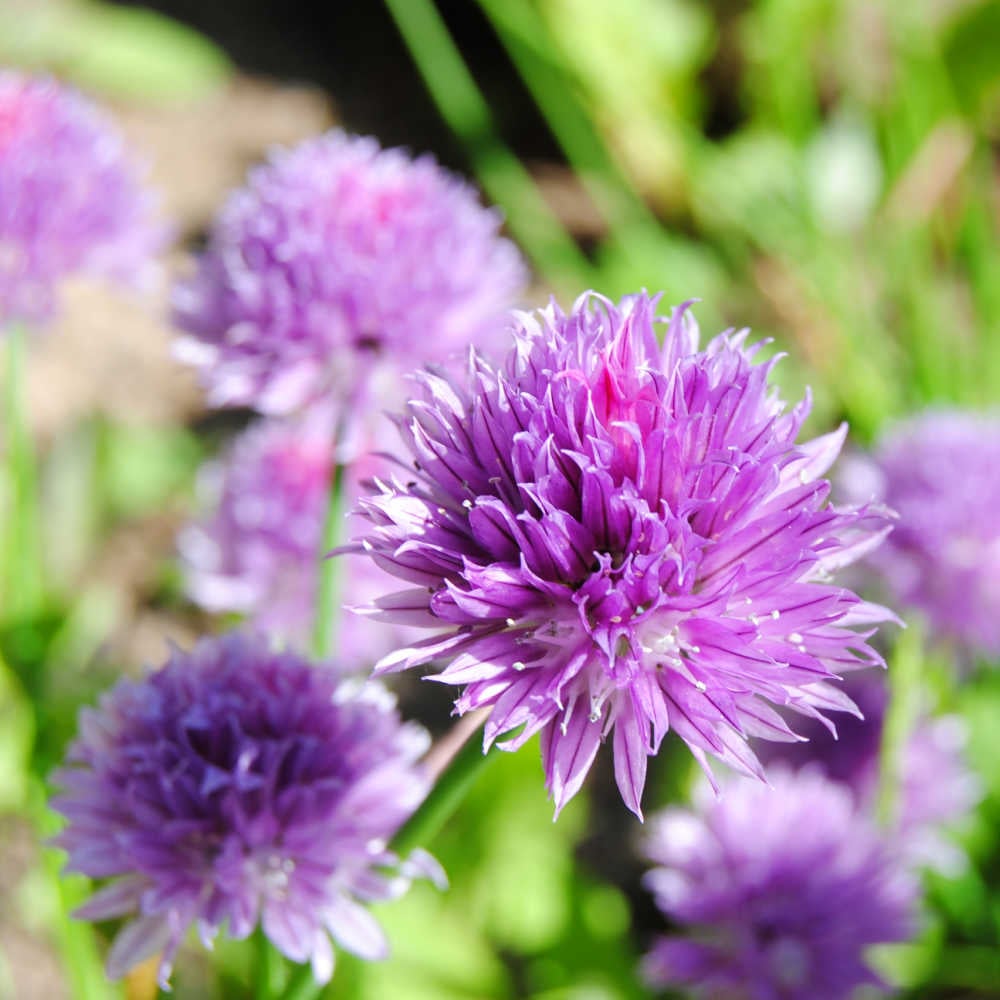
Tasty chives are incredibly easy and pretty to grow amongst everything from herbs and vegetables to roses.
But they also have amazing hidden powers.
Chives are great for us – restoring gut health – but grown as companion plants they are also great for the garden.
Chives are amazingly valuable as companion plants if you want to garden more organically as they can:
- Protect flowers & vegetables from pests
- Improve soil health to reduce bacterial & fungal diseases in other plants
- Attract pollinators into the garden
So in this post I am going to share everything you need know about growing chives – including growing chives in pots and indoors – but will also share how to grow chives as companion plants to increase the health of your flowers and vegetable garden really easily and organically.
Table of Contents
Growing Chives As Companion Plants
Growing chives as companion plants has big benefits for both flowers and vegetable gardens if you want to garden more organically.
- Repels pests : the smell of chives can repel aphids and beetles from vegetables planted close by reducing the need for pesticides. Chives can also repel green fly from roses.
- Repels mosquitoes : chives are a natural mosquito repellent that can discourage mosquitoes from your garden.
- Camouflage plants : the smell of chives can camouflage the fragrance of carrots and so “hides” carrots from pesky carrot flies, again reducing the needs for pesticides.
- Anti-bacterial & anti-fungal : chives – like garlic – help to protect root vegetables and brassicas such as collard greens from fungal disease and rot by feeding the soil with anti-bacterial and anti-fungal nutrients. These nutrients will also protect roses from black spot. This reduces the need for chemical based soil improvers and treatments.
- Attracts pollinators : pretty chives attract bees and butterflies into your garden to increase pollination of tomatoes and courgettes.
As they are so small, chives can be easily interplanted amongst other vegetables so you get the most of these companion plant benefits.
But you can also grow chives in pots as roaming companion plants who help out in different parts of your garden as needed.
Growing Chives In Pots
- Growing chives in pots is a great way to enjoy the benefits of chives as companion plants all around your vegetable garden.
- Chives can be grown successfully in small 10 cm / 4 inch pots.
- You can then move these small pots around to protect different vegetables at different times when most vulnerable to aphids or beetles.
- Sow just 2 or 3 seeds per pot lightly covering with compost.
- Keep the soil in your chive pots moist but not soggy.
- For more concentrated impact grow bigger chive plants in 15 to 20 cm / 6 to 8 inch pots with about 20 cm depth.
- In subsequent years chives in pots can be easily split.
Growing Chives Indoors
- Growing chives indoors over winter is a good idea.
- It will give you the gut restoring benefits of fresh chives all year round.
- But will also give your spring vegetables early protection from aphids and beetles as you can plant out ready grown chives from early April.
- Germination temperatures for chives can vary by variety.
- Some chive seeds will germinate happily at 15 degrees centigrade (59f)
- Whilst other chive seeds will only germinate at 20-25 degrees centigrade / 68 – 77 fahrenheit so will need a warm spot in the kitchen.
- Chives grown indoors like sunshine so a sunny window is a good spot.
- Remember chives grown indoors will need to be gently acclimatised to outdoor weather over a week to 10 days being brought in at night.
When To Plant Chives
- Chives can be sown outdoors from early April or in the first weeks following your last frost date.
- But it is worth planting chives indoors in February or 4 to 6 weeks before your last frost date so you can get them straight out working hard as companion plants in April.
- Chives will struggle to germinate if it gets too hot.
- So if you typically or often have hot weather in May and June, you do need to plant your chives by early May.
Best Soil For Growing Chives
- Chives like constant moisture so – unlike oregano and thyme who will grow in any old ground – they do need fertile soil that holds moisture.
- But the soil doesn’t need to be over rich. Bog standard potting compost will be fine.
Growing Chives From Seeds
- Chives are very easy to grow from seed indoors and outdoors.
- One little chive plant from the garden centre will cost you the same as a packet of 500 chive seeds so if you want to grow vegetables on a budget, it is a no brainer to grow chives from seed.
- As mentioned above, chives can be grown from seeds outdoors from early April or just following your last frosts.
- Sow chive seeds outdoors at a depth of 1 cm / a quarter to half an inch.
- Chive seeds germinate in one to three weeks so don’t give up hope if they seem a bit slow.
How Long Do Chives Take To Grow
- After their sometimes slightly slow germination – see above – chives grow very quickly.
- Chives will grow to 15 – 40 cm / 6 – 16 inches.
- Typically chives will start flowering between 8 and 12 weeks after the chive seeds were planted.
- You can start harvesting the chive blades before the chives flower but it’s usually best to wait at least 8 weeks from planting.
- Once the chives flower you should harvest regularly to ensure the chives grow back after cutting and keep flowering.
How To Harvest Chives To Grow Back After Cutting
- Chives are best in the kitchen as a light garnish to everything from soups and salads to main dishes. They are not a main dish. So the last thing we want to be doing is harvesting loads of chives all in one go.
- Once chives are ready to harvest – at least 8 weeks from planting or starting to flower – cut just a few blades every day or so as needed leaving roughly 5 cm / 2 inches of blade above soil.
- The chive flowers themselves are edible so do harvest these as well regularly to keep the plants flowering rather than going to seed.
- If you have planted a fair number of chives as companion plants you can get the plants to keep producing new blades and flowers by cutting single flowers from each plant for a lovely little vase of indoor flowers.
And there you go everything you need to know about how to grow chives as companion plants. They are a joy to see in both the vegetable and rose garden and will help you garden more organically so do give them a go.
For more simple tips on how to garden more organically do check out these other grow your own posts:
- Organic Gardening Tips For Beginners
- Organic Weed Control
- Growing Garlic As A Companion Plant
- How To Grow Thyme From Cuttings & Seeds
- How To Grow Carrots Quickly Organically
- How To Grow Peas Successfully Organically
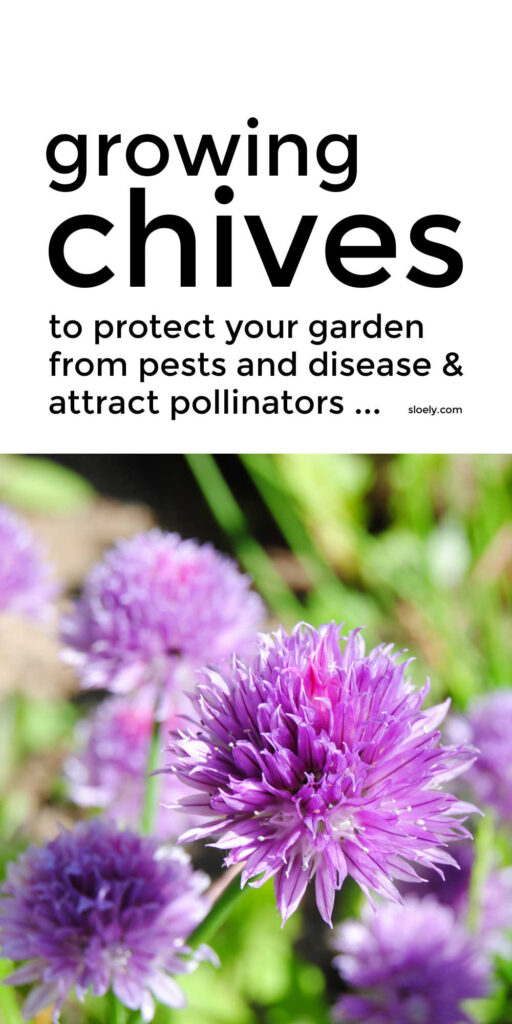
Original image source : paul, Ray Best Through The Lens

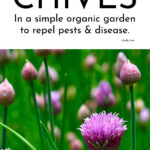

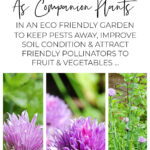

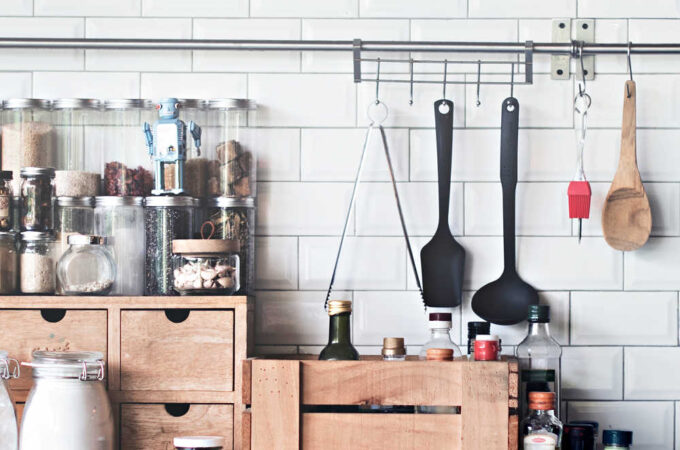
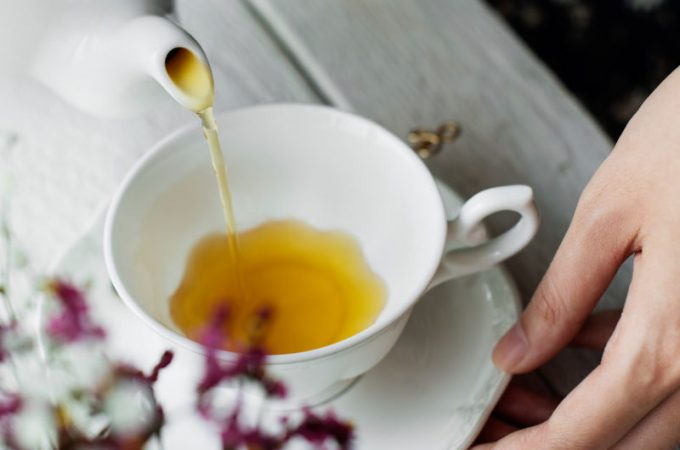

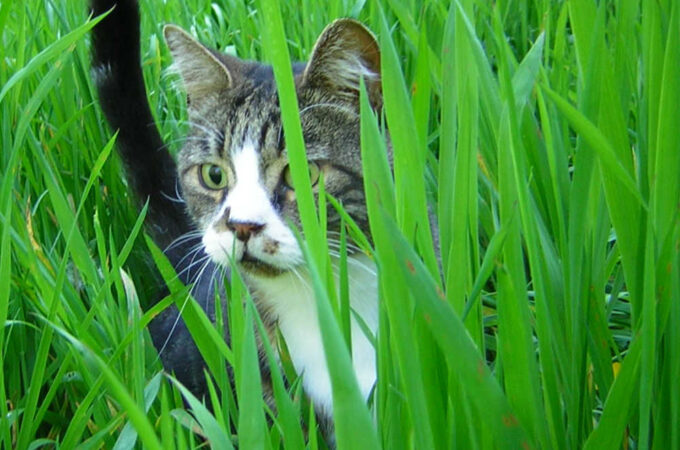
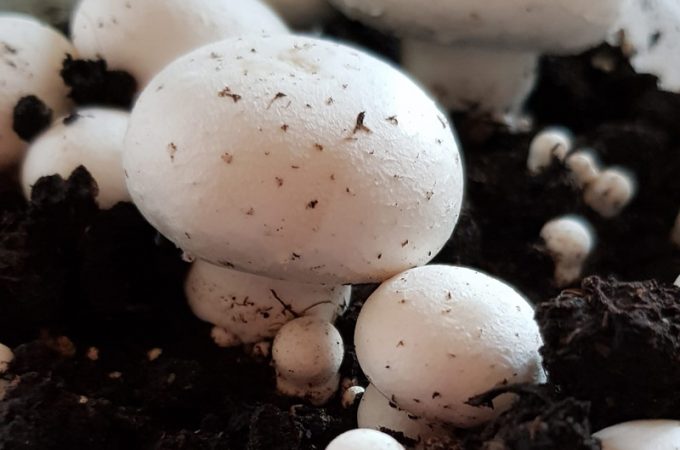
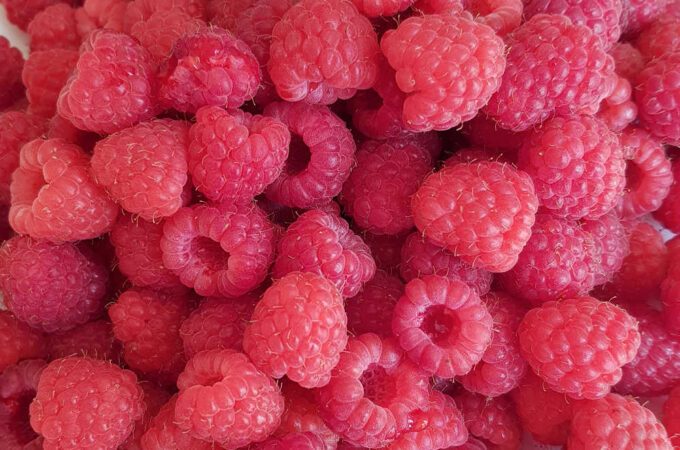
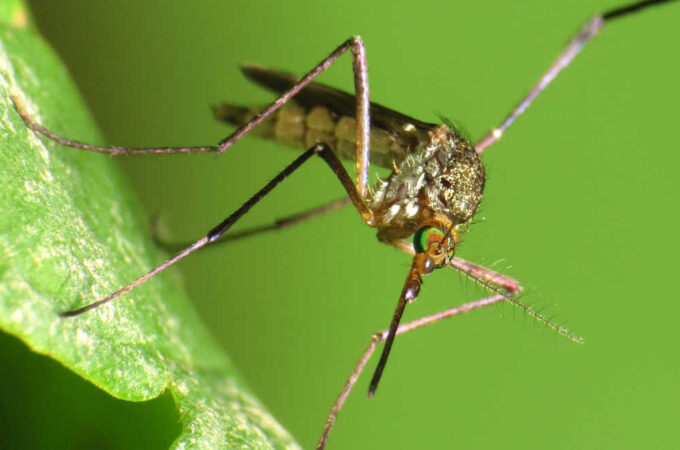
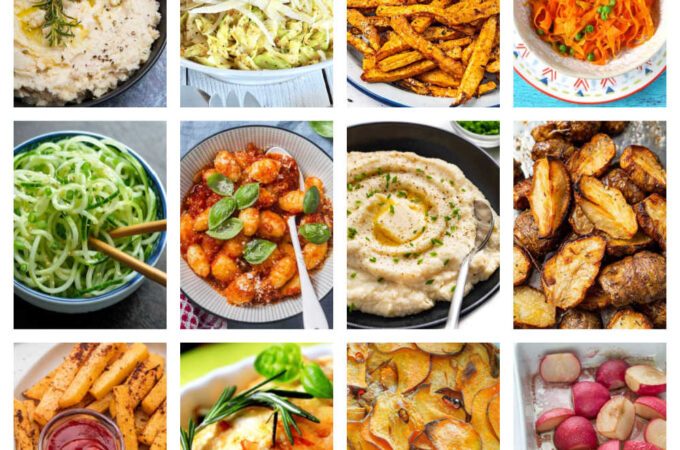
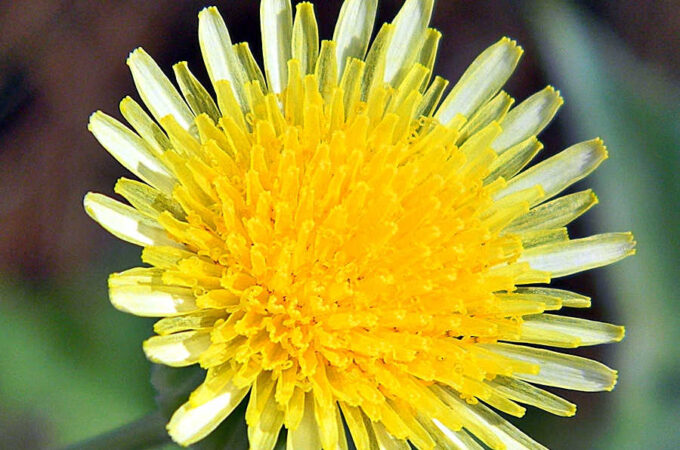

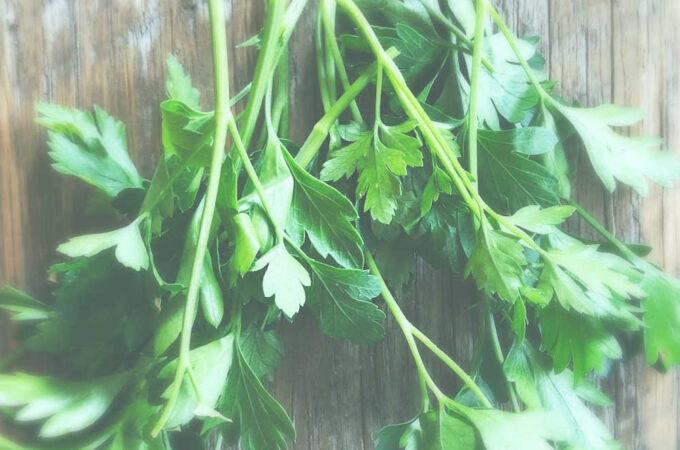
[…] : pretty chives are great for restoring gut health but are also a brilliant cheap companion plant that repel […]